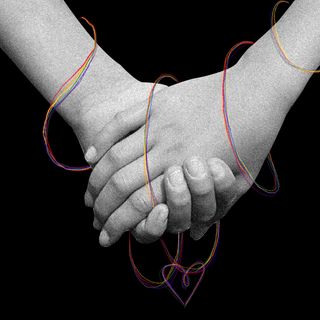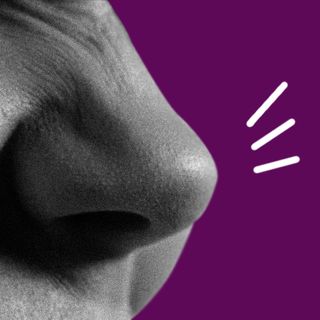In The Buzz Cut, we bring you a round-up of all the weird, controversial, and wonderful stories we’ve been reading all week.
India has one of the highest suicide rates in the world, due to mental health stigma that prevents people from seeking help. Other reasons could be socio-economic realities or parenting tactics for teens today or bullying for LGBTQ people. It’s important to normalize suicidal thoughts, which often fall under passive suicidal ideation, so people can talk about their feelings. If you’re at the receiving end of such conversations, here’s how you could help.
*
Did you know there’s a difference between feeling anxious and having anxiety? Or between feeling panic and having a panic attack? What about the fact that schizophrenia affects 20 million people worldwide; that gender dysphoria is not the same as transness, but a mental health condition associated with several gender identities; that people who have bipolar disorder are not always moody or violent? What is it like to live with PTSD? When does OCD go from being a quirk to a mental health disorder and how has pop culture completely skewed our perception of dissociative identity disorder in which a person has one or many alter egos?
*
What causes mental health issues, aside from our common understanding of strife, trauma, and biological processes? Bullies often develop mental illnesses because of the harm they caused; constant sleep deprivation piles up after some time; cigarettes have been linked to depression; so have air pollution and sitting in traffic. Others include poor diets, loneliness in children, sex addiction that’s now categorized as a disorder, digital gaming, being extremely wealthy, to name only a few.
*
What is depression? How do we understand pre-natal and post-partum depression both in men and women? What is it like to live with a partner with depression?
*
Work is often a source of stress for many people, which often causes burnout, a phenomenon that the WHO has constantly danced around categorizing as an actual condition. Studies show employers accommodating their employees’ mental health not only creates a healthy workplace but also increases productivity by reducing work absenteeism and increasing mutual trust. Despite corporate programs, however, many still find handling work stress difficult; here’s why.
*
Mental health also has a gender aspect — from our foremothers having suffered silently, passing down their trauma through generations, to women today constantly battling the mental health effects of sexism, and suffering a lack of support from health professionals. No wonder, then, that every sixth victim of suicide in India is a housewife.
*
Therapy is often touted as the ultimate solution for people struggling with mental health issues, but the glorification often glosses over the critical problem of affordability. For many therapy is a luxury, which is still not aided by insurance companies that have been instructed to help customers with therapy costs. Therapy is absolutely not a scam, but its costs often make it feel like one.
*
For a long time, mental health has been painted as an individual problem. Now, with more people developing better understandings of caste, class, religious and gender-based oppression, it’s time we frame mental health as a social justice problem, as being compounded by the systems that oppress marginalized groups, Shreya Ila Anasuya writes.
*
The mental healthcare space is itself rigged with humans rights violations — once a person is deemed of ‘unsound mind,’ their agency gets signed away to a family member or guardian, which results in a host of confidentiality and consent issues. It’s turned into an “unresolved global crisis,” Ara Johannes writes.
*




